OPINION – When Xbox One started to support a catalog of Xbox 360 games, Sony reacted with a surprise move of pulling a sneaky addition to the PlayStation 4’s arsenal, namely, emulating some PlayStation 2 games. The big question is: what is all this ruckus and why is it a big topic all of a sudden?
Backward compatibility is suddenly a huge topic on both Microsoft’s and Sony‘s side. While the „green” team got the support of the 7th generation, the „blue” one received the 6th generation’s support. But this has been a big topic in the past almost two decades – let’s take a brief look back at the compatibility of former platforms/generations.
No
Let’s start with Nintendo’s consoles. NES games were not supported by the SNES console. The N64 didn’t support nor the SNES, neither the NES games. The Gamecube wouldn’t even be able to do any support, as this was Nintendo’s first console to use optical discs and not cartridges. The Wii gladly picked up Gamecube discs, and then the Wii U followed up with Wii support, and it also plays GC, and other previous platforms’ games via digital downloads – this applies for the Wii as well.
The handheld line is a little bit different: the Game Boy Color instantly came with Game Boy support, the Game Boy Advance ran both GBC and GB games, the DS supported GBA games. The 3DS again goes for support of previous platforms via digital downloads from the eShop. You can say that Nintendo started to think of the last generation(s) a bit earlier than you might think.
Microsoft. X360? It doesn’t play all Xbox games, but it can deal with some of them. Now, the Xbox One brings in X360 backward compatibility, and that’s pretty much it. I cannot write anything else about this group here. Sony. The PS2 easily ate the PS1 discs (however, it might wear out the laser head of the console), and the PlayStation 3‘s first generation (the 60-gigabyte model) played both PS1 and PS2 games. Later PS3 models took out the PS2 support because of different chips, but they all kept the support of PS1 discs. On the PSP, you can play PS1 games, and you can still download things on the Vita. That is where we are now.
(I’d have to point out that Atari’s 5200 supported 2600 games with a converter, and the 7800 might play some, but not all 2600 games. The 7800 doesn’t support 5200 games at all.)
Yes
So you can see that all console manufacturers think about supporting previous generations, but it doesn’t seem to have been considered before the PlayStation 2 and the Game Boy Color. But from this point (1998-2000 timeframe or so), backward compatibility appears – it is a real thing, as you don’t have to rebuy games in your collection, making your catalog be used and not just let the games eat dust. However, there are some companies that make money off of not supporting this notion *cough* PlayStation Now *cough*, so it makes the weird situation of say, playing Gran Turismo 6 on the PlayStation 4. You’d have to stream that game to play. Ehh…
You can see that out of the three current, 8th gen-consoles, two of them supports the 7th in a direct fashion, and the PlayStation 4 – no matter how harsh I am on a Sony-related website -, only plays PS3 games in a streamed format. Or… just one small segment of them. Is this a real thing? For publishers, absolutely: this is why you see two-three-year old games rereleased or getting current-gen updates.
However, if there are games with original launch dates with just mere months before the PS4 AND had huge success, I can understand a current-gen port: The Last of Us Remastered? Beyond: Two Souls? They make sense. But 2012 games? Dishonored: Definitive Edition? DarkSiders II: Deathinitive Edition? This situation is something else… you can see how the publishers try to cash in on not supporting most of the previous generation’s games. And this is a weak point of the PS4: while this console has the biggest install base at the moment with the most consoles sold, it cannot play PS3 games in a regular way. This is not how it should work.
What’s the solution?
I firmly believe that a console should support ALL previous iterations’ games from the launch. Sure, it’s only possible theoretically, but it should be the target to go for. With this, if the PS5 launches, you shouldn’t have just to throw out your PS4 library. It might not happen, though: rumors say that both next-gen consoles will begin with backward compatibility if both Microsoft and Sony go for AMD’s solution again.
That would be a good path towards respectable and decent gaming, a step away from money-hungry, cash-whore mentalities, avoiding lazy, boring and annoying current-gen ports because you’d just plonk your PS4 disc into your PS5 and play right away. After that, only annually released games and the development costs of AAA gaming would be the problems to deal with.
Console manufacturers shouldn’t only go for the bags of money, even if they have to get profit after all.
Maybe, just maybe we are on the right path. I’m glad to see the PS4 bringing in PS2-emulation, but I have a question: was it necessary to ask WHICH games should be supported? I don’t have a collection of good games, and what if I’d be screwed over if my PS4 would not play say, a Midas budget game? If I asked Sony, I’d just be simply laughed at. Shouldn’t a bigger amount of games emulated be the good way to go?
Maybe I’m just asking for too much…
-V-

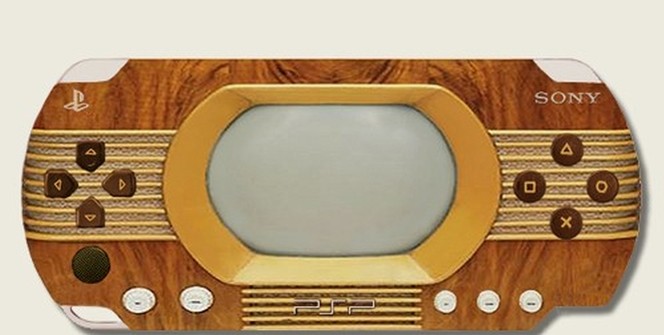
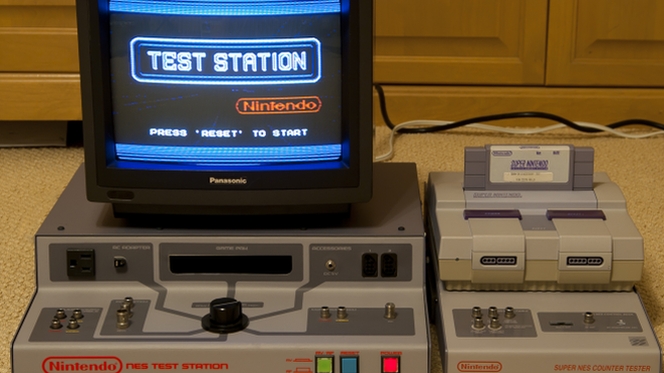

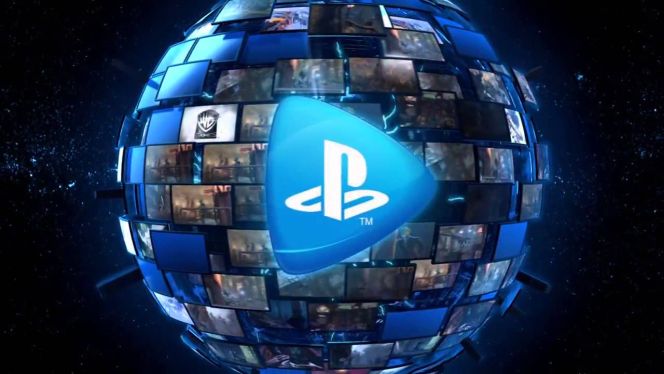
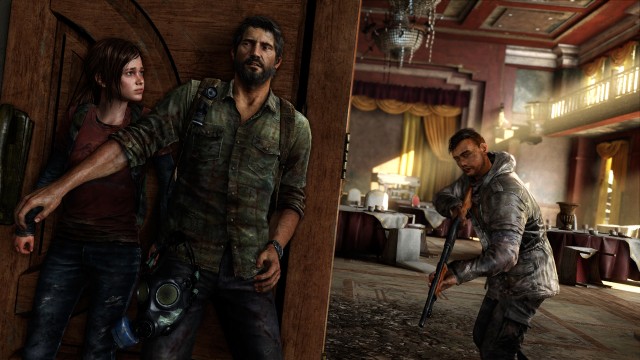
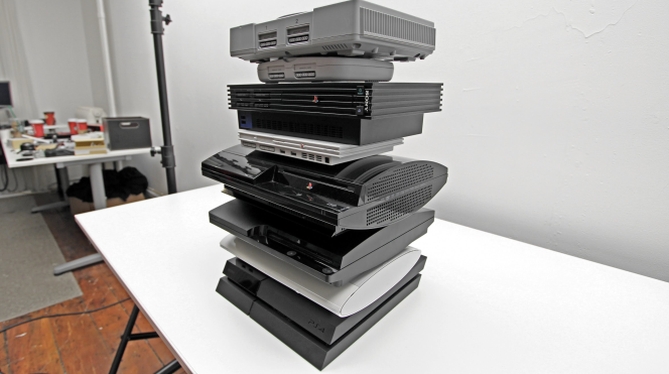
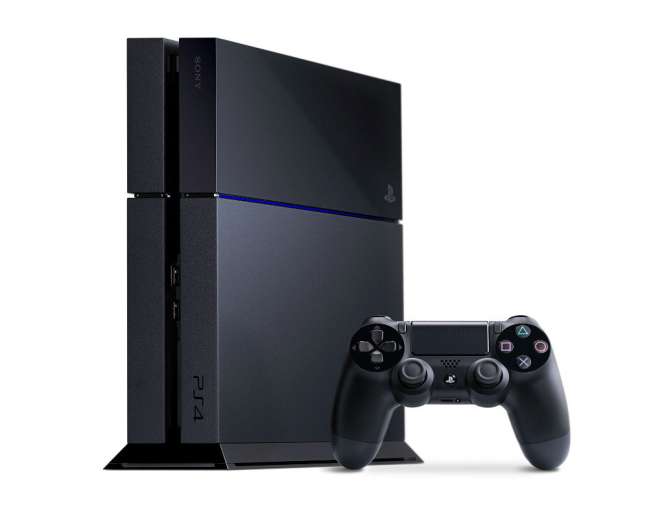







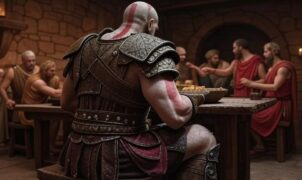

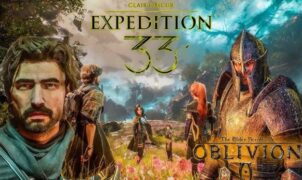
![[TGA 2025] Star Wars: Galactic Racer Focuses on High-Stakes Podrace Runs [VIDEO]](https://thegeek.games/wp-content/uploads/2025/12/theGeek-Star-Wars-Galactic-Racer-300x365.jpg)
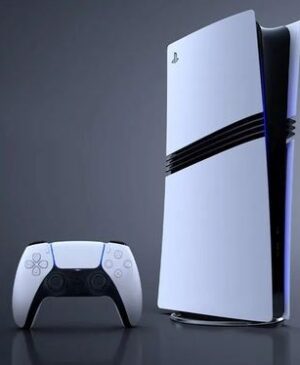


Leave a Reply